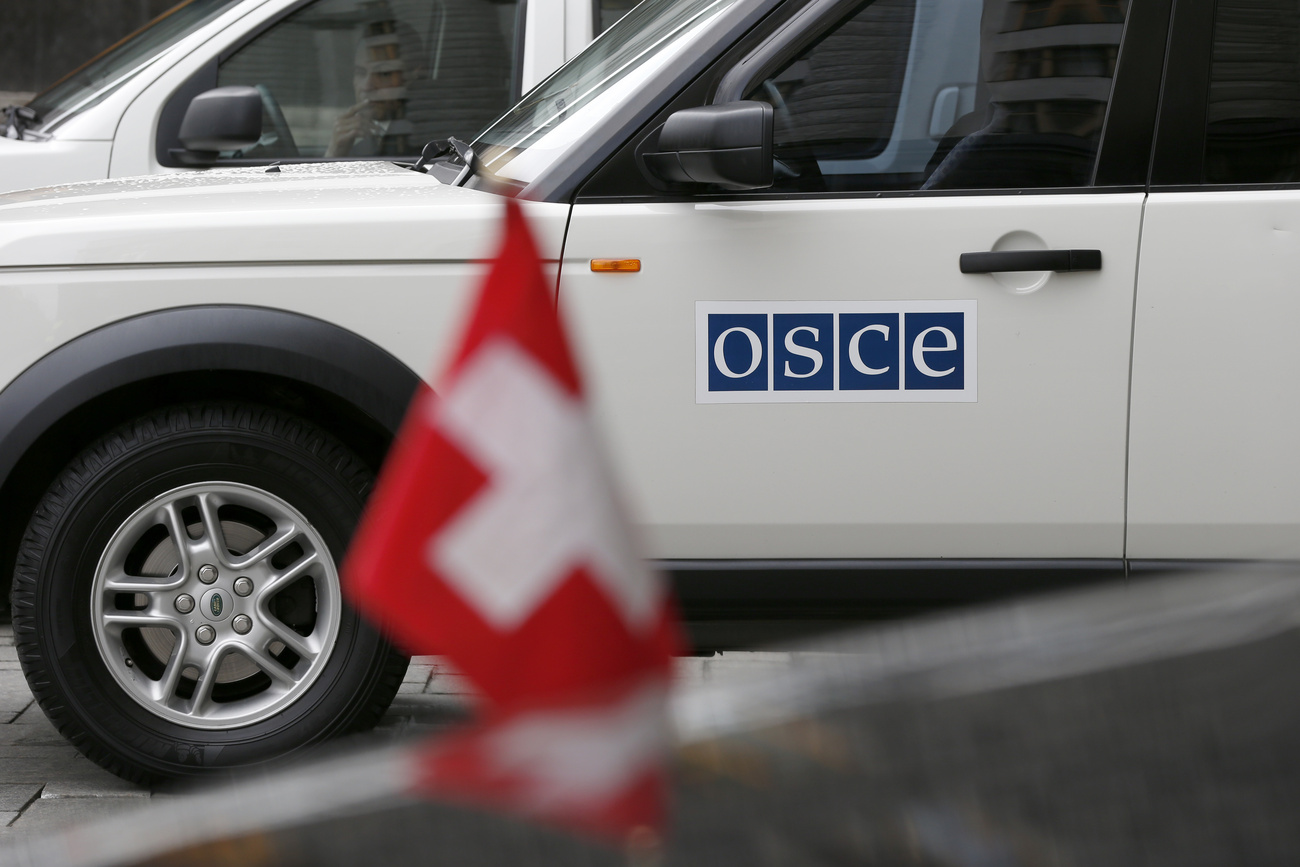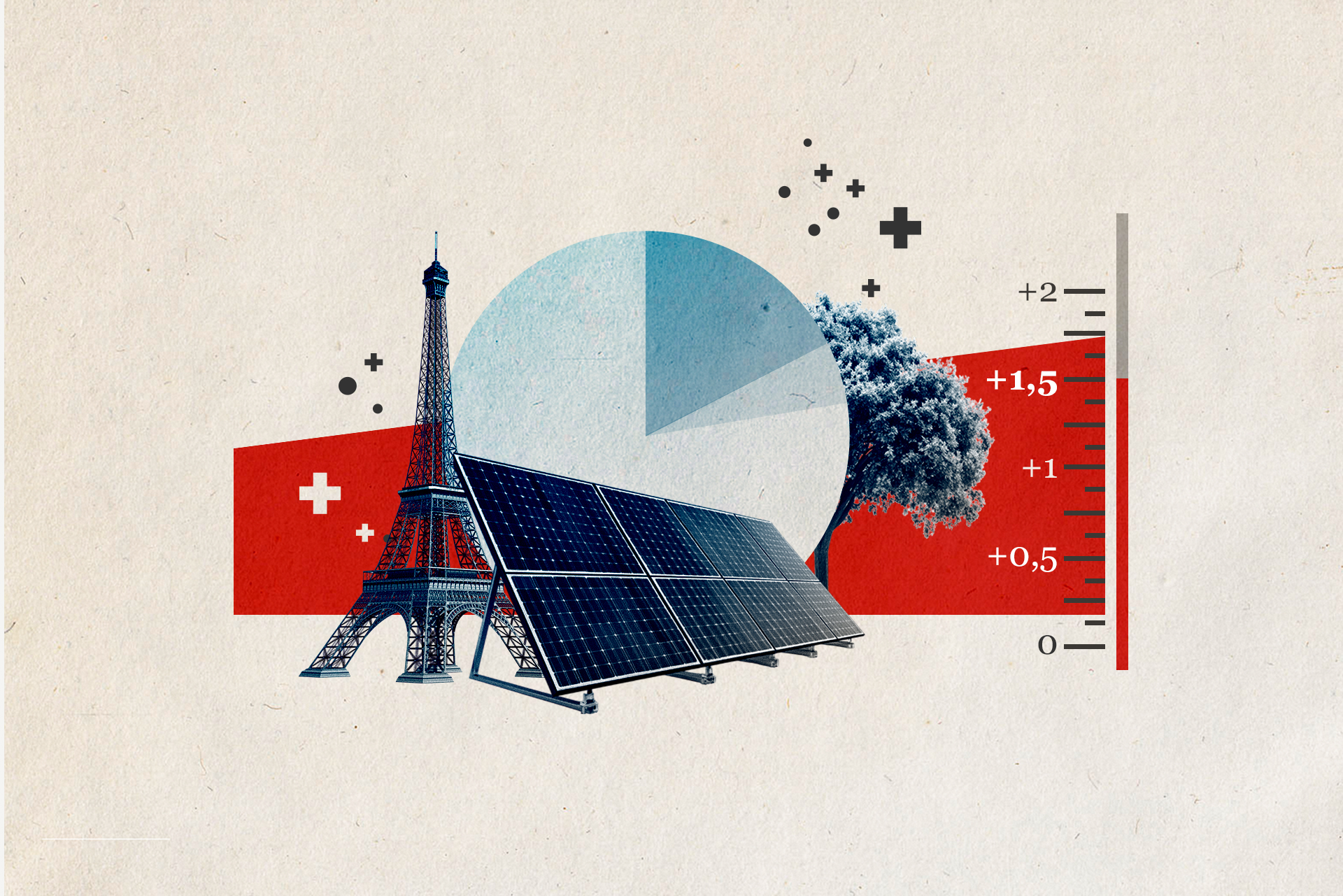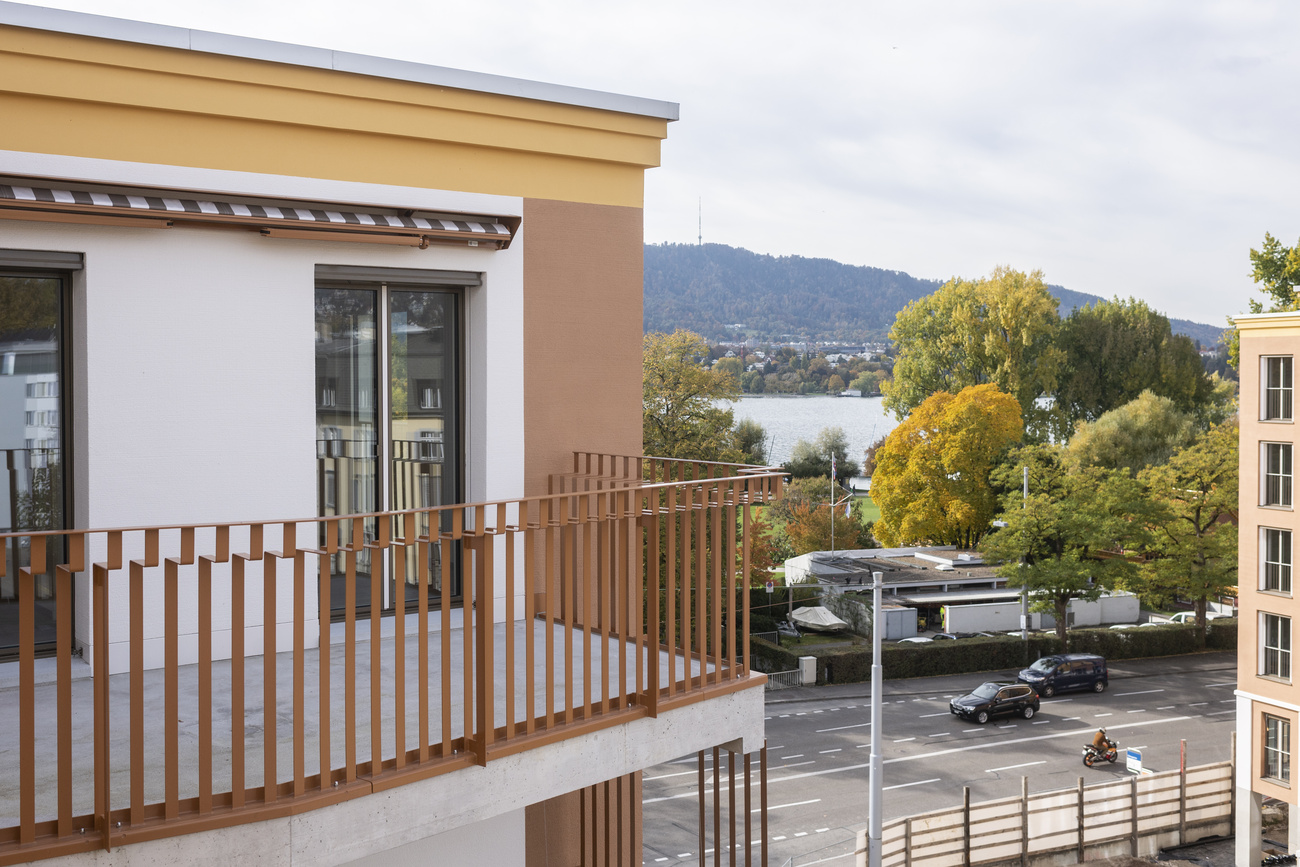
Is Switzerland really the best place to live and work?

If a survey by HSBC bank is anything to go by, executives languishing in Cairo dream of their next posting in Zurich or Singapore. But what is it really like to work as a foreigner in the world’s most desirable locations?
According to the HSBC Expat Explorer study for 2014, Switzerland retains its number one spot as the most desired location for expat workers, followed by Singapore and China. Egypt languishes in last place among the 34 countries surveyed.
Paul Cooke, a British expat, has worked in both Switzerland and Singapore with United States coatings firm Valspar. Cooke recognises many of the same qualities in both the alpine and island nations: small, prosperous states located at the heart of their geographic zones with a strong sense of stability and reliability. Singapore is, after all, dubbed the “Switzerland of Asia”.
But the average working day is somewhat different. “Asia is a lot more demanding and the hours are longer. This is partly driven by customer expectation and partly because everyone is charging about, chasing business opportunities,” he told swissinfo.ch.
Swiss workers are driven too, but benefit from more established and well-grooved work systems. “People are less experienced in Singapore and are not quite as well organised as in Switzerland,” Cooke added. “As a result, you can find yourself doing more work than is really necessary.”
Making friends
Shenjie Wang, a Chinese national, made the opposite journey from Asia to Europe to first study at Lausanne’s Federal Institute of Technology (EPFL) and then to work at the Swiss branch of semiconductor firm Marvell.
Wang also found the Swiss working structure more efficient, with a better work-life balance. But one of the most important changes was to his health.
“Life quality is excellent here with better food, water and air compared with China,” he told swissinfo.ch. “Maybe Europeans take this for granted, but in China I suffered from asthma every winter. Last winter was the first time that never happened.”
Wang found it straightforward to socialise and make friends with colleagues at EPFL and Marvell, but the language barrier has complicated matters outside of his professional environment. “People from Spain and Italy can learn French very well within a year or two but it is more difficult for Asian people.”
The language barrier was a particular obstacle to finding accommodation. It is hard enough to find quality, affordable apartments in cities like Lausanne and Geneva, according to Wang, but this is made even more difficult if communication is strained.
Indian national Raghu Viswanathan found no trouble making contact with his neighbours once he managed to breach the reserve of the Swiss, despite slow progress with local dialects. However, he initially struggled on moving from the US to Baden to work at French power company Alstom.
“There was a more easy going atmosphere at my workplace in the US. Swiss workers draw a line between their professional and home lives and stick to those boundaries,” he told swissinfo.ch. “Conversations at work were limited to work matters and there was not so much personal contact.”
“But I soon got to learn that the concept of friendship is just different between the two countries, with a lot more depth in Switzerland. Everyone in the US is friendly to start with, but it can be a bit superficial. In Switzerland you have to work harder to become accepted on a personal level, but once you are there the friendship is deeper.”
Cost of living
The natural reserve of the Swiss can take some getting used to, according to Sjoerd Broers, chief executive of Auris Relocation, a company that gets between 600 and 700 international workers settled in Switzerland each year.
“The Swiss can be stubborn at times. International workers coming to Switzerland for the first time soon realise that they often have to take the first step when establishing contact,” he told swissinfo.ch. “But in the end, companies tell us that they have far greater problems sending employees away to new postings abroad than they do attracting them here in the first place.”
The cost of living can also take some incoming expats by surprise despite the relatively high wages in Switzerland. Viswanathan finds it hard to comprehend that the Swiss would pass up perfectly good bargains because they associate quality with high prices.
“This mind set seems to make everything more expensive and that can limit choices,” he said. “In Switzerland I had to decide whether to join a gym or a tennis club. In the US I could afford to do both.”
But Wang feels that the high price island tag is overstated. “You don’t have to pay big prices for everything,” he said. “There is plenty of scope to shop around and find lower priced goods.”
Anti-foreigner sentiment?
Expats accepting their place of work is, of course, only half the story. The other side of the coin is what the local population thinks of migrant foreigners.
Switzerland has made international headlines recently for voting in February to restrict the flow of immigrants into the country. The initiative was short on detail on how that should be achieved, leaving it up to the government to find a solution. Until such an agreement is reached, the international jury is out on how welcoming the country is to foreigners.
“It creates uncertainty because people don’t really understand what the vote was all about and hear all sorts of gossip,” Broers said. “But there is a good chance that a pragmatic solution can be reached.”
All that may change, however, if voters approve another immigration control initiative, called Ecopop, on November 30. This demands fixed limitations on net inflows of immigrants in the name of preserving the environment in Switzerland.
“Ecopop would be disastrous for Switzerland by giving the impression that the country is not welcoming to foreigners,” Broers warned.
Paul Cooke left Switzerland for Singapore in 2009, well before the immigration votes became headline news. But he did live through the infamous rightwing People’s Party political poster campaign depicting white sheep kicking a black sheep out of the country.
Nevertheless, he still felt welcome in Switzerland. “I never felt any animosity as a foreign worker in either Switzerland or Singapore,” he said.
For Wang, the situation has become confused, and not just because of the immigration vote. Switzerland is also in the throes of reorganising its tax structure for foreign companies to appease criticism from the European Union.
“This time last year I thought I would stay in Switzerland for a long time,” he said. “But things have changed this year. Switzerland seems confused about how it views expat workers while there is a danger that the tax changes could force my company to shrink in Switzerland, or even leave.”
Everywhere different
Cooke has now moved from Singapore (ranked 2nd in the HSBC survey) to France (23rd). But does he feel that he has dropped 21 places in one fell swoop?
“In some respects it does feel like dropping out of the premier league,” he told swissinfo.ch. “Switzerland is highly organised and there is a tremendous drive in Singapore, neither of which I feel here. The infrastructure is also not quite as good in France. Flying from Charles de Gaulle airport is not such a pleasure as from Zurich or Changi.”
“But you have to adapt and not demand that every country has to be the same. The key is to find the best things that each country has to offer,” he added.
HSBC Expat Explorer 2014
HSBC interviewed 9,288 expats living in 34 countries for its survey. A quarter of the 174 expats surveyed in Switzerland earned more than $200,000 (CHF190,000).
Some 68% felt they had more disposable income than before despite the high costs in Switzerland. Around three-quarters associated the country with a pleasant climate and picturesque scenery. The same proportion found that the local air quality and pollution level is better than in their home country.
On the negative side, respondents said it was very difficult to find accommodation. Switzerland was placed second to last in terms of social life, and dead last for making local friends or friends in general.

In compliance with the JTI standards
More: SWI swissinfo.ch certified by the Journalism Trust Initiative




























You can find an overview of ongoing debates with our journalists here . Please join us!
If you want to start a conversation about a topic raised in this article or want to report factual errors, email us at english@swissinfo.ch.